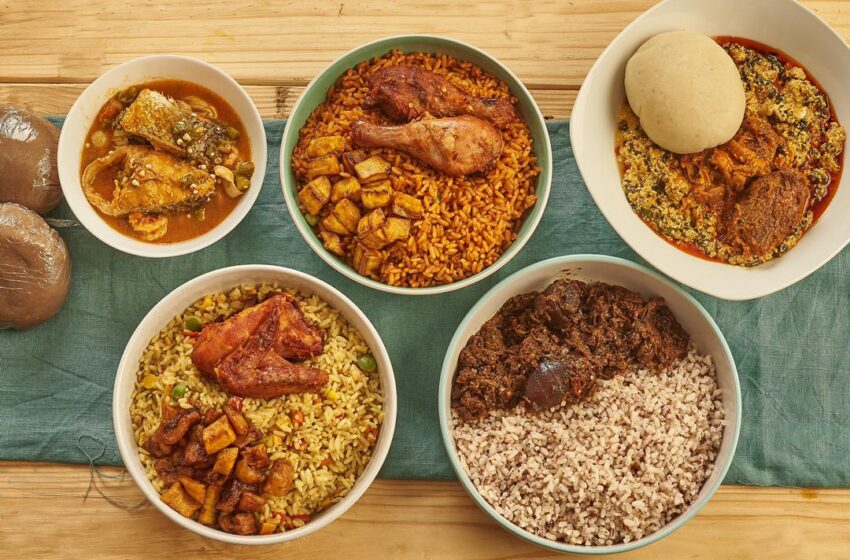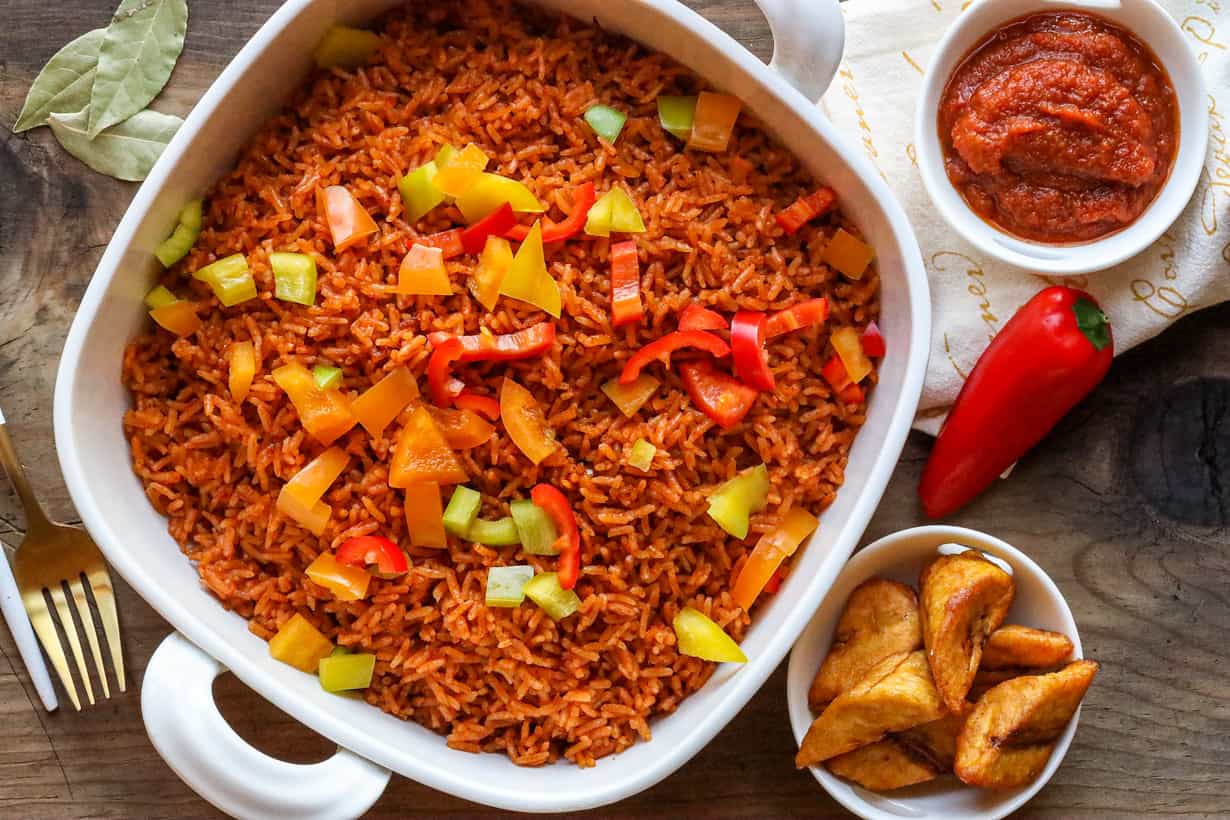
The Rise Of African Cuisine
Did you know that African cuisine has been gaining popularity at an unprecedented rate? The last few years have seen a steady rise in the cuisine as various African dishes have been gaining popularity, making them a household name in different parts of the world. The new wave has seen African cuisine gaining recognition for its distinct flavours, spices and unique ingredients and it has become more than just a trend, with African cuisine increasingly finding its way onto regularly-educated dining tables across the world.
Part of the momentum behind African cuisine is the ability of African chefs to tap into their culinary heritage and change it into something relevant to modern lifestyles. From Nigeria’s popular Jollof rice dish now spread across continents to South Africa’s popular Bunny Chow and Zimbabwe’s Sadza dish, which has been brought into the spotlight in different international food events, African cuisine has more to offer than ever before.

Another important driver of the rise of African food is social media, with a rising number of African chefs, food bloggers, and fans posting food pics on Instagram, TikTok, and Facebook. As a result, more people throughout the world have become acquainted with African food, and aficionados have created African restaurants in a variety of places, particularly in Europe and America.
Arguably, the perception of African food has changed with the growing interest in traditional foods, influenced by health, wellness, and cultural curiosity. Several ingredients used in African food like plantains, cassava, beans, sweet potato, and yams among others are gluten-free and loaded with vitamins and nutrients. African cuisine is typically a rich source of plant-based food that is high in protein and fibre, making it a healthier option for people who wish to switch to healthier diets.
Lastly, for many Africans, food has always been a central part of their lives, reflecting different cultures and identities. The rise of African cuisine has contributed to the appreciation of diverse cultures and traditions that make up Africa’s culinary heritage. African chefs have been able to blend traditional and modern ingredients to create innovative dishes that keep up with consumers’ improvisations, creating a space for African cuisine in the global culinary landscape.
In conclusion, African cuisine is gaining recognition as a noteworthy player in the culinary world. With its distinct flavours, spices, and ingredients, African cuisine is looking to continue its rise in popularity in the coming years. That being said, its growth indicates a more significant cultural appreciation and has provided African chefs and restaurant owners with a better platform to present their cuisine to the world. Overall, the rise of African cuisine is a win-win for culinary enthusiasts and food lovers alike, opening up a new world of taste and exploring the variety of flavours available on the African continent.













